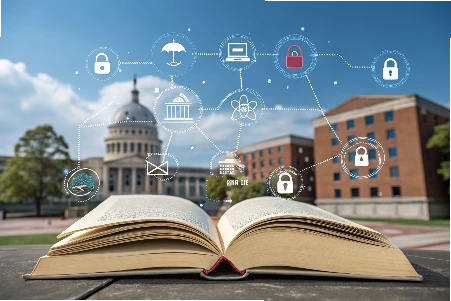A global debate is intensifying over how artificial intelligence (AI) should be regulated within education systems, as schools and universities grapple with the rapid adoption of AI-driven tools. While many countries have issued preliminary guidelines, experts argue that the next critical step is moving toward comprehensive governance frameworks that ensure responsible, equitable, and transparent use of AI in learning environments.
From Classroom Innovation to Policy Imperative
The growing integration of AI—ranging from personalized learning platforms to automated grading systems—has transformed educational practices worldwide. However, this technological leap has also outpaced policy development. Educators and administrators warn that without structured governance, institutions risk inconsistent implementation, data misuse, and potential bias in algorithmic decision-making.
Global Divide in Policy Readiness
Some regions, including the European Union and parts of Asia, are advancing national strategies to embed AI ethics and accountability into education. Meanwhile, other nations remain in the early stages, issuing only advisory guidelines. “The challenge isn’t just adopting AI—it’s building a governance culture around it,” said a policy researcher from the OECD.
Balancing Innovation with Safeguards
Institutions are caught between enthusiasm for innovation and the need for oversight. Teachers’ unions and academic leaders are calling for stronger policies on student data protection, transparency in AI tool selection, and professional development for educators to use AI effectively and ethically.
Toward a Global Governance Framework
As the debate evolves, international organizations are pushing for collaborative approaches that bridge policy gaps and promote ethical standards. Experts emphasize that AI in education should enhance—not replace—human judgment. The transition from informal guidelines to formal governance marks a defining moment for global education systems striving to align technology with trust, equity, and accountability.



